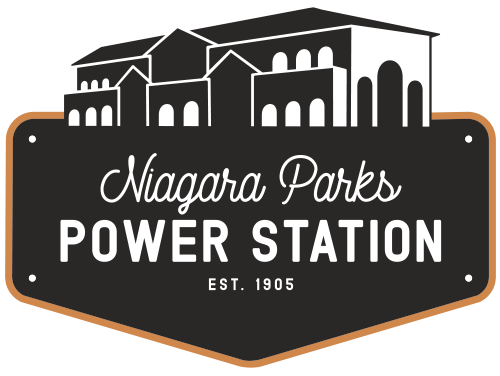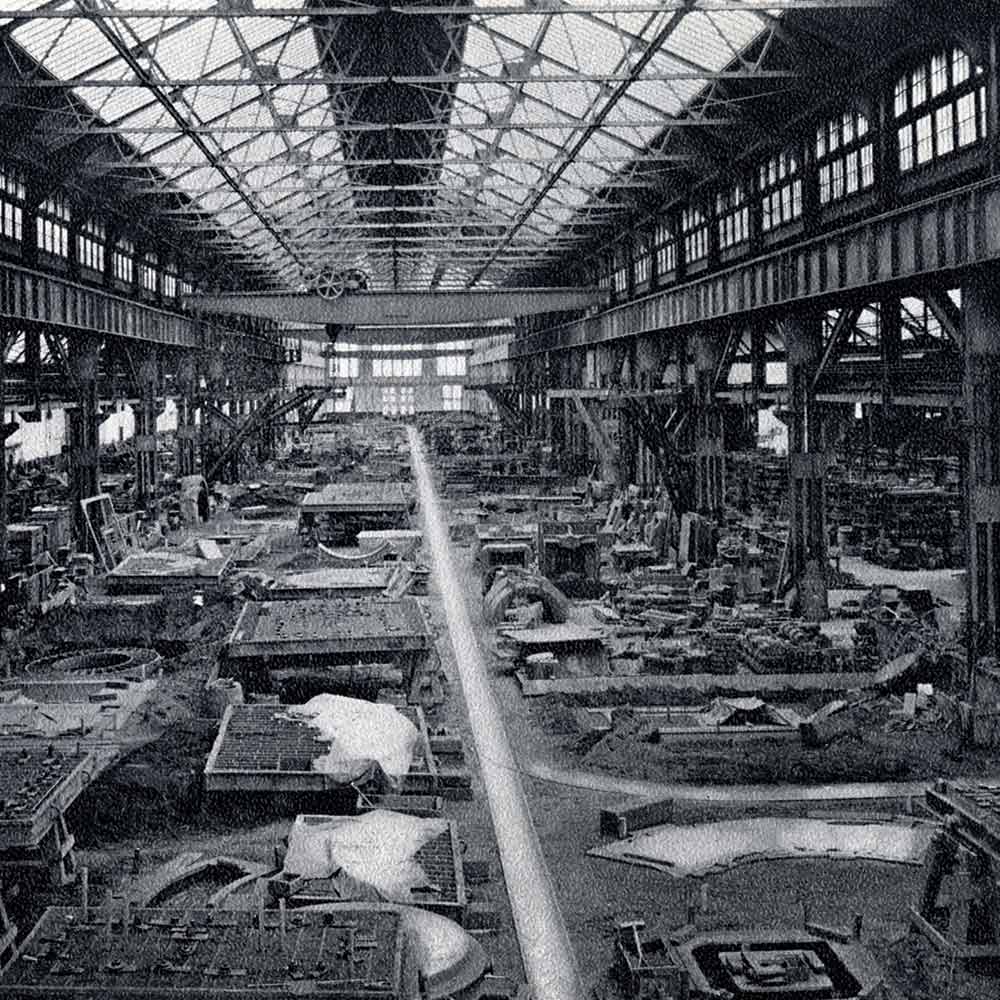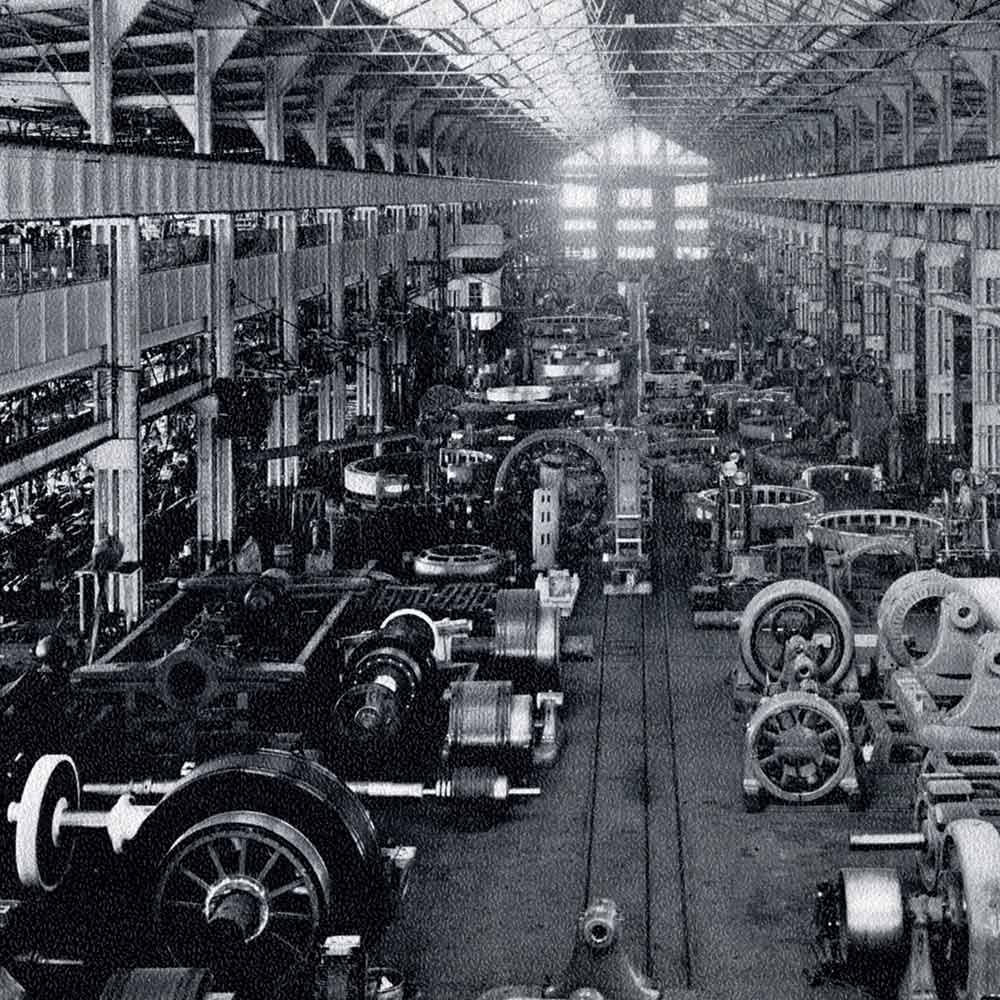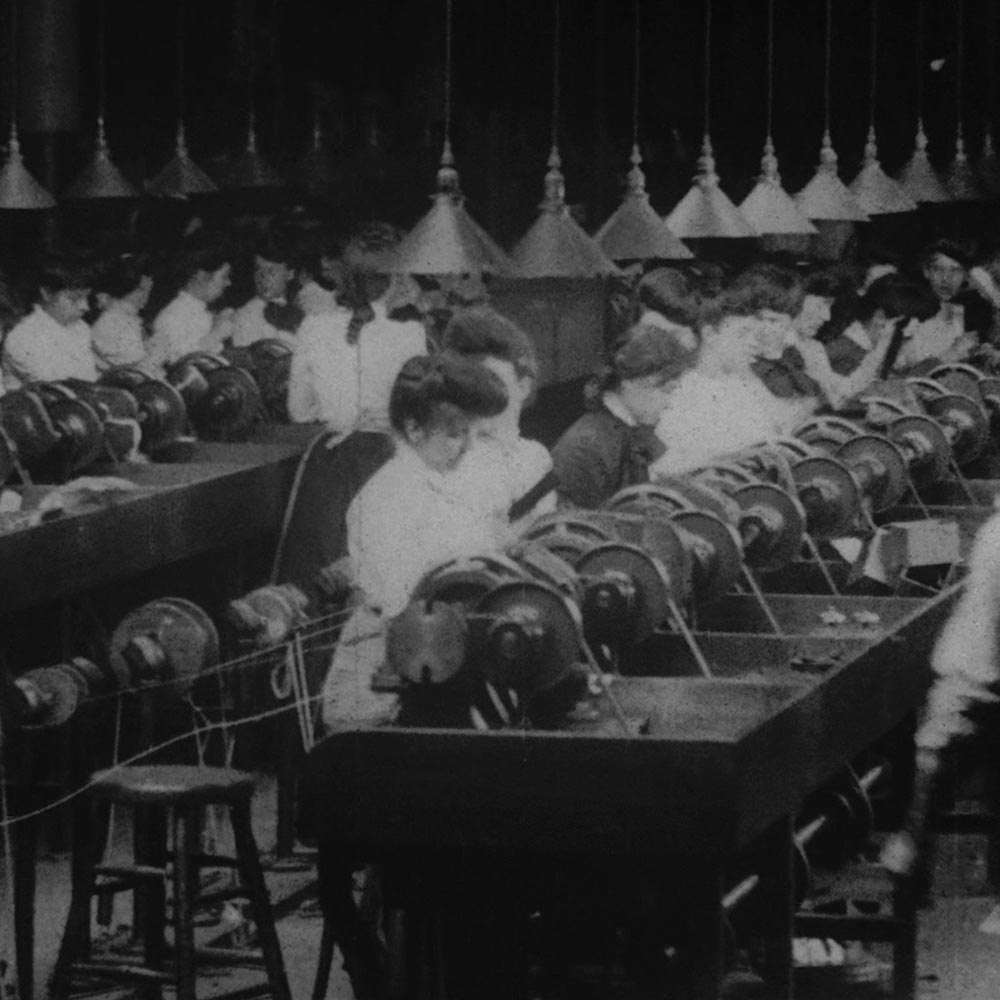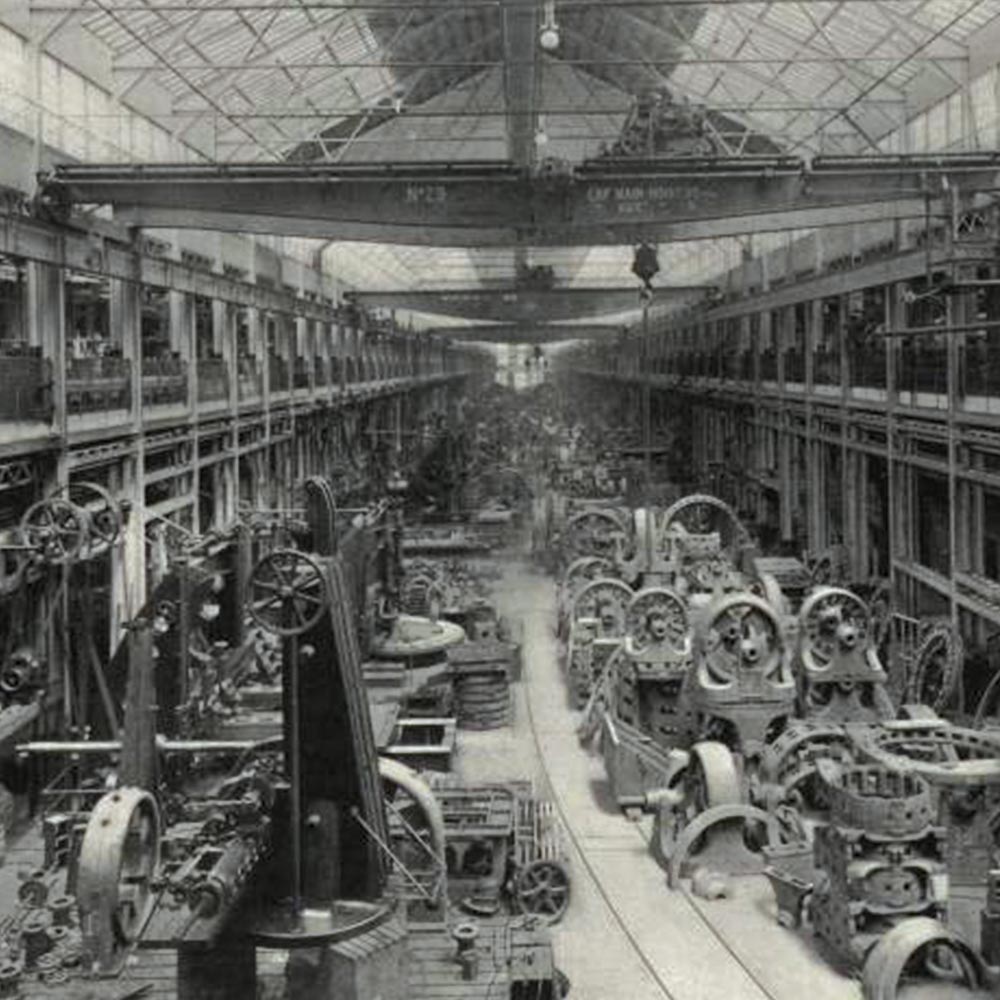Electric companies
Thomas Edison’s General Electric Company was largely unrivalled in North America prior to the War of the Currents. Following the tense events of that feud, the Westinghouse Electric Company emerged as both a pioneer in the development of electricity and General Electric’s greatest competitor. Both companies are still in operation today.
General Electric Company
Throughout his career, Thomas Edison launched several businesses that focused on the development of his innovative devices that impacted the power generation, mass communication, sound recording and motion picture industries. His Edison Lamp Company, Edison Machine Works, Bergmann & Company, and Edison Electric Light Company were all funded by Drexel, Morgan and Co.
In 1889, ten years after Edison invented the first electric light bulb powered by direct current, Drexel, Morgan & Co. pushed for a merge of Edison’s companies to place them under one corporation. This resulted in the creation of Edison’s famous General Electric Company in 1892. By 1896, it was largely unrivalled in North America and became one of the original 12 companies listed on the newly formed Dow Jones Industrial Average.
General Electric would go on to market the first light bulb, vacuum tubes for the first televisions and a leader in the development of America’s first jet engine.
Westinghouse Electric Company
George Westinghouse created founded the Westinghouse Electric Company in 1886. Based in Pittsburgh, Pennsylvania, the company produced turbines, generators, motors and switch gears for power generation and transmission.
Westinghouse was known as a generous employer that offered workers many rights and benefits that were unheard of at the time. He had a small hospital and a doctor onsite at his plant, he paid workers who were injured on the job, he allowed for a half day to be worked on Saturdays, he offered affordable housing options for his employees and their families at a reasonable price, and he assisted the families of any workers who died while in his employment.
In his lifetime, Westinghouse created 360 patents and his company licensed over 3,000.
